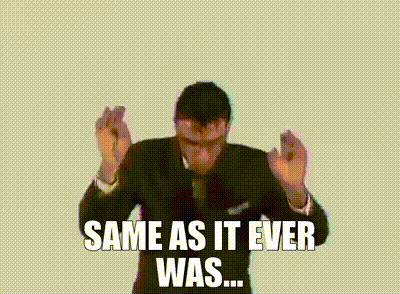The Religion Guy wishes to underscore increasingly obvious aspects of 21st Century America:
One: Religion is in crisis.
Two: The media are in crisis.
Three: Media treatment of religion is in crisis.
Therefore, as GetReligion.org disbands this week, something like this website has never been more needed.
Will anyone again provide informed running assessments of this complex and emotion-laden journalistic beat? Please note that my question has also been raised this week by Kenneth Woodward, The Guy’s toe-to-toe competitor for two decades as the Newsweek and Time religion writers during the newsmagazines’ heyday.
Starting February 13, The Guy will be posting new analytical articles at Religion Unplugged, but on the way out the door feels urgency to reflect on the three points above.
The third, how the media handle — and mishandle — religion, has been amply documented most every day on this very website, so we turn to the realities facing the other two. Feel free to explore the 20 years of that work in the GetReligion archive in the future.
On number one, U.S. religion’s Great Depression is apparent anywhere you look, whether survey data on the rising unaffiliated “nones” or church groups’ own yearly counts on Sunday School enrollment, weddings, baptisms and funerals. Fellow religion writers can add many more particulars.
Gallup has invaluable data on cultural mood swings from polls that have posed the same questions across so many years. Since 1973, Gallup has asked Americans whether they have “a great deal” or “quite a lot” of confidence in a wide list of social institutions. Public trust has been tumbling across the board in the 21st Century, so that only the military and small business now command confidence from majorities (and the military numbers are now headed down).










